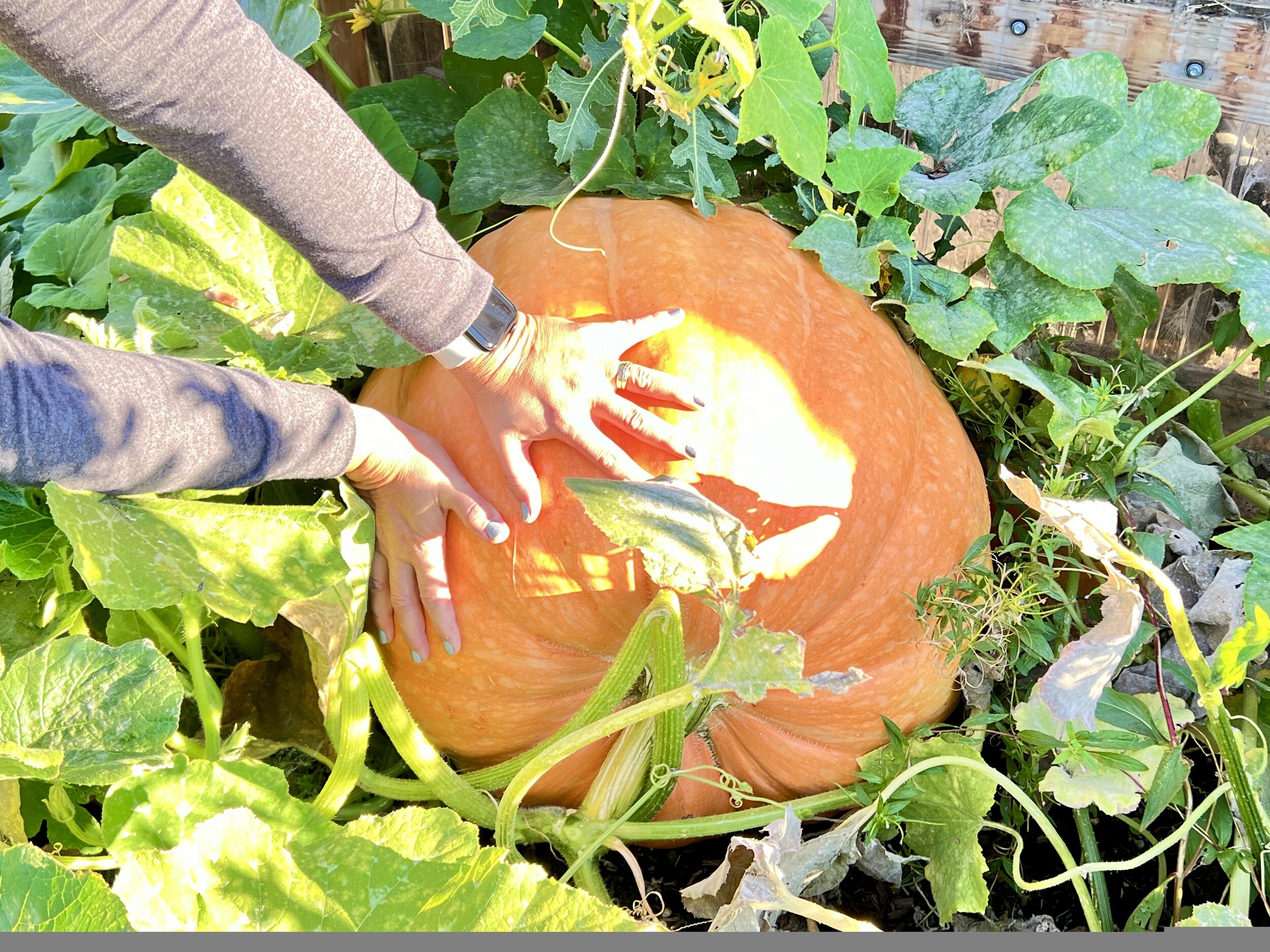Life economy
I was first introduced to the term life economy while listening to Confessions of an Economic Hitman 3rd Edition by John Perkins.” If you haven’t read or listened, it illuminates global economic structures and power paradigms.
Many political and business models are based on extracting as much from the earth and its inhabitants as possible and converting them into financial capital. Little regard is paid to harm, suffering, unfairness, destruction, pollution, responsible leadership or consideration of much more than accumulating and hoarding money and physical trinkets. These practices are part of the death economy.
While I am disappointed in the greed and irresponsible leadership from those with access to the most resources and power, I am not forced to follow suit - God bless America and “Thank you for your service” to those who make this my reality. I have been gifted with the opportunity to practice kinder ways on the micro-scale of my own business and embrace and co-create the life economy.
how do we do this?
on site food production
Stefanie is a lover of growing plants. Some could say it’s in her DNA. Stefanie’s family has been stewards of the Sauter Farms land since 1913. She is a third generation Columbia River Gorge farmer and skilled at her craft. Plants are nurtured by over a century’s worth of accumulated knowledge along with her positive energy and gratitude.
Stefanie’s acuity for growing allows us to offer fresh, nutrient dense, non-GMO, non-round up ready, chemical free options from our kitchen.
upcycling
Where we see possible, we renew and reuse. This mostly comes in the form of glass containers and corks. You will find works of art and functional tools crafted from waste streams offered in the tasting room.
No flesh offerings
Most of our earthling brothers and sisters that are enslaved and exploited for their flesh are treated appallingly. They suffer in factory farms and slaughter houses that are tucked away from human masses due to their disturbing nature. Exploiters also prey on human animals by offering low wages, capturing taxpayer subsidies, disaster relief, environmental clean up funds and illegally employing underage workers. More details here.
circular business models
Plastic pollution is a scourge on the planet. It takes the lives of countless earthlings via ocean dumping and bioaccumulation. Where possible, we package in glass in lieu of plastic. This allows us to offer a bottle buy back program. It is a higher level of effort and costs more than simply purchasing new bottles. However, it is a less destructive process overall and with your acceptance and help, we make it work
REVENUE SHARING
Typical business models aim to extract as much human capital as possible with the least amount of output possible. This type of interaction creates conflicting goals. Revenue sharing aims to align goals for all involved. When the house does better, we all do better.
giving back
We encourage those who put good in the world. The Howard family is doing their best to help those who are not allowed to help themselves. Risi and her family transformed their family farm into an animal sanctuary. We’ve blended Rescue Red and Rescue White to help their cause. $5 from each bottle sale goes directly to Howard’s Haven Animal Sanctuary. Thank you Risi and associates for using your human capital to manifest benevolence in this world.
Lucia (born 06/29/19) and her granddaughter Risi cheersing with a glass of Chardonnay after Lucia stomped Cabernet Sauvignon for the Rescue Red blend! Follow them on FB.






